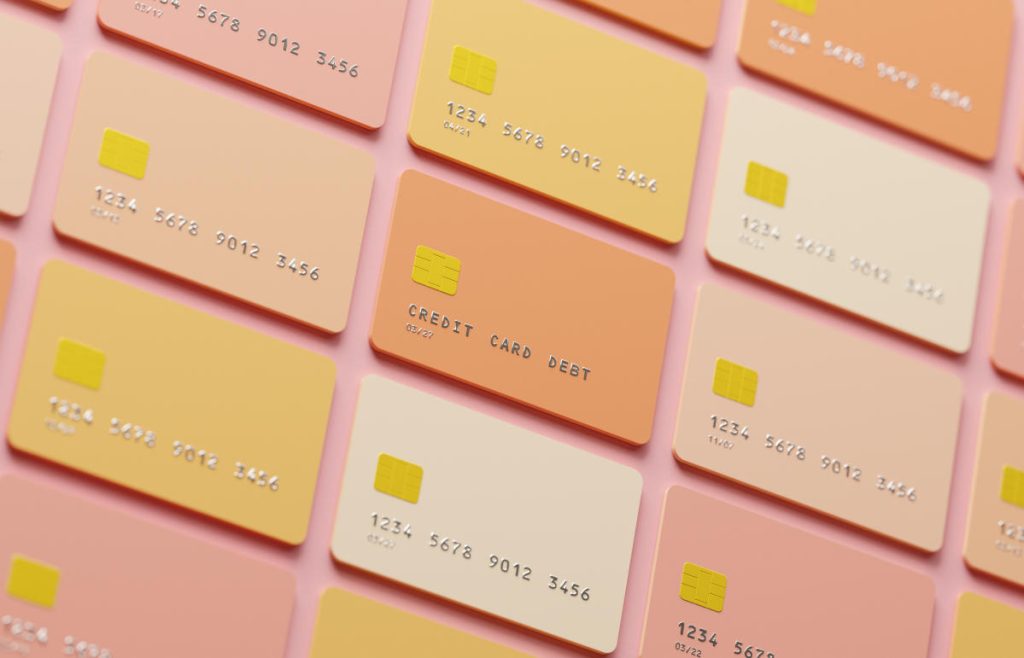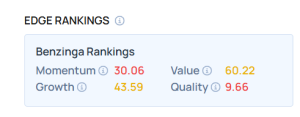
Whether you’re a frequent traveler with a bank of points and miles, or you’re focused on getting cash back from everyday essentials, the right rewards credit card can make a huge difference in your budget. If you use your credit cards wisely, you can score hundreds or even thousands of dollars in rewards value each year.
Ahead of tax season, it’s important to consider how your earnings throughout the year — including credit card rewards — may affect your tax return. Luckily, most credit card rewards do not count as taxable income, so you don’t need to worry about parting with a portion of your points and miles come tax season.
Here’s what to know about credit card rewards before you file:
Read more: The best rewards credit cards
In general, your credit card rewards count as rebates or discounts rather than taxable income. This includes rewards you earn on spending and the most common types of welcome bonuses.
Consider how you earn these rewards:
You have to spend money to earn your cash back or travel rewards. Say you spend $200 on a purchase that earns 3% cash back — you’ll get $6 of your purchase returned. Or maybe you open a new credit card and earn a sign-up bonus of 60,000 points, but you first must spend $4,000 within three months. Each of these examples requires you to spend money before you can get a return.
The Internal Revenue Service (IRS) doesn’t specifically name credit card rewards in its taxable and non-taxable income guidance. But the agency has previously published some information that indicates it considers rewards as rebates, and you won’t need to claim them come tax season:
A 2010 IRS statement details that when a taxpayer uses a credit card to make a purchase that’s eligible for a rebate (in the form of cash back or a charitable donation), the rebate “constitutes an adjustment to the purchase price of the items purchased with the taxpayer’s credit cards and, consequently, is not includible in [their] gross income.”
The IRS ruling is a private letter ruling — it’s not official precedent to use for a future case, and the ruling could always change; but it offers some insight into the agency’s take on a subject, says Daniel Kenny, CPA, CFP, founder of FI-nancial Planner.
“They said in that case that credit card rewards are considered a rebate or reduction in the cost that you paid … If you get a 2% reward and you bought a $100 gadget, the 2% reward is a reduction in your cost — so your cost is now $98. So in an individual’s case, that means it’s not taxable income.”
While not explicitly mentioned in the IRS ruling, Kenny says we can expect other credit card rewards — airline miles, hotel points, points from a credit card issuer’s rewards program, etc. — to be treated similarly, as rebates.
Your tax liability can differ if you don’t need to spend anything to earn a bonus or reward.
When you aren’t spending money to earn a bonus, the money you get back is no longer a rebate — instead, it may be a form of income. Credit card rewards can become taxable when you get a cash bonus for opening an account, but you don’t have to spend any money.
Here are some examples:
These credit card offers are not as common from major issuers today, but you can still find some cards with instant bonuses upon approval. Instead of meeting a minimum spending requirement within the first several months, you’ll be eligible for the bonus as soon as you’re approved.
Because this type of bonus doesn’t require any spending to get it, there’s no rebate involved with your purchases, or a return that can be applied. “That can become taxable, because it’s not a rebate, right?” says Heather Townsend, CFP, CPA, owner and financial planner at Townsend Financial. “It’s like they’re just giving you money; whereas cash back, it’s a rebate.”
That means this type of bonus may qualify as taxable income when it’s time to file your return.
Welcome bonuses with no required spending work similarly to bank account bonuses you can get when you open a new checking or savings account. Read more about how bank account bonuses are taxed.
Many credit card companies have referral programs that offer a certain amount of cash back or points when you refer a friend. Often, you’ll send your friend a unique sign-up link from your account. Once they use it to apply for a card and get approved, they’ll be eligible to earn a sign-up bonus, and you’ll get a referral bonus — something like $100 or 20,000 points per referral, up to an annual maximum.
“If you referred your friend and they signed up for a card and you got 25,000 points … then you didn’t have to spend any money to get that,” Kenny says. “So that would be taxable.”
Related: Best credit card sign-up bonuses
In some cases, your credit card issuer may send you a 1099-MISC form with an overview of the taxable rewards you’ve earned over the year. Credit card issuers have different reporting processes, so some issuers may only send the form if you earn the equivalent of $600 or more in rewards. Check your credit card agreement for details on the tax forms you might receive.
Even if you don’t get a tax form in the mail, you may still need to report the earnings on your tax return. Keep track of any taxable rewards you receive so you can accurately report them.
And don’t forget: Like with any tax subject, the best way to ensure you’re filing your credit card rewards correctly is to speak with a tax professional about your specific situation — especially if you’re unsure whether you’ll owe taxes on your rewards. An expert like an enrolled agent (EA) or certified public accountant (CPA) can offer you personalized advice and help you file.
Read more: Can you pay taxes with a credit card?
If you’re looking for more ways to get the best value on your spending, consider using these top rewards credit cards to maximize your cash-back, points, and miles rewards.
Why we like this card: This travel rewards card is a great option if you’re looking for both a solid upfront welcome bonus and the opportunity to earn plenty of rewards points over time. You’ll start with 60,000 bonus points after spending $4,000 within the first three months and get up to $50 in statement credits every anniversary year for hotel stays booked through Chase Travel℠, which can help make up the Chase Sapphire Preferred’s $95 annual fee.
As for ongoing rewards, you can earn across a number of travel and everyday categories: 5x points on travel through Chase Travel; 3x points on dining, select streaming services, and online groceries; 2x points on other travel purchases; and 1x points on everything else. When you use your points to book future travel through Chase Travel, you’ll also get a 25% boost in value.
Read our full Chase Sapphire Preferred Card review
Why we like this card: The Capital One Venture Rewards card can be a great choice for maximizing rewards since you don’t need to strategize categories or purchases. You’ll earn a flat 2x miles on every purchase (plus 5x on hotels, vacation rentals, and rental cars through Capital One Travel), which you can use toward travel purchases charged to your card or to book an upcoming trip using Capital One Travel.
The Capital One Venture has a $95 annual fee and a welcome bonus worth 75,000 miles after spending $4,000 within the first three months. You’ll also get a credit for Global Entry or TSA PreCheck fees and can transfer your miles to Capital One’s 15+ transfer partners.
Read our full Capital One Venture Rewards Credit Card review
Why we like this card: If you’re looking for cash-back rewards instead of travel, the Blue Cash Preferred Card from Amex is one of the most rewarding options available today. It has a $95 annual fee after an introductory $0 annual fee the first year (see rates & fees), and you can earn a $250 welcome offer after spending $3,000 within the first six months.
The Blue Cash Preferred has solid rewards earnings in everyday categories, including 6% cash back at U.S. supermarkets (up to the first $6,000 spent each year, then 1%), 6% back on select U.S. streaming subscriptions, 3% back on transit and at U.S. gas stations, and 1% back on everything else. As a new cardholder, you can also take advantage of the card’s introductory offers on new purchases and balance transfers.
Read our full review of the Blue Cash Preferred Card from Amex
This article was edited by Rebecca McCracken
Editorial Disclosure: The information in this article has not been reviewed or approved by any advertiser. All opinions belong solely to Yahoo Finance and are not those of any other entity. The details on financial products, including card rates and fees, are accurate as of the publish date. All products or services are presented without warranty. Check the bank’s website for the most current information. This site doesn’t include all currently available offers. Credit score alone does not guarantee or imply approval for any financial product.



